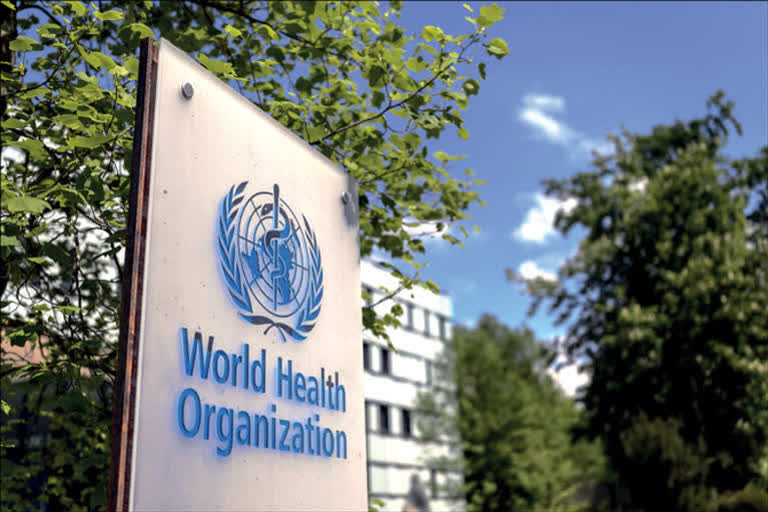New Delhi: The World Health Organisation (WHO) has announced the existence of a new COVID-19 variant, labelled as 'Lambda', as a "variant of interest". The variant was initially detected in Peru in August 2020, and it has since been reported in 29 nations around the world, mostly in Latin America, including Argentina and Chile. .The WHO has classified the Lambda variant as a global Variant of Interest due to an "elevated prevalence" in South America.
According to the WHO's weekly Covid bulletin, the Lambda variant has been associated with "substantive rates of community transmission in multiple countries, with rising prevalence over time concurrent with increased COVID-19 incidence." Notably, the earliest known cases of the variant were reported from Peru in August 2020.
The bulletin said that according to the authorities in Peru, 81% of the COVID-19 cases sequenced since April 2021 were associated with the Lambda strain. Argentina has also reported an increase in cases associated with Lambda. Since the third week of February 2021, and between 2 April and 19 May 2021, the variant accounted for 37% of the COVID-19 cases sequenced in the country. In Chile, 32% of sequenced cases reported in the last 60 days have been associated with the variant.
SARS-CoV-2 Variants of Concern (VOCs) and Variants of Interest (VOIs), as of 15 June 2021 Also read:mRNA vaccines protect against Delta variant: Study
According to WHO, the Lambda variant carries a number of mutations with suspected phenotypic implications, such as a potential increased transmissibility or possible increased resistance to neutralizing antibodies. The WHO bulletin also added that there is currently "limited evidence" on the full extent of the impact associated with these genomic changes, noting that further "robust studies into the phenotypic impacts are needed to better understand the impact on countermeasures and to control the spread."
